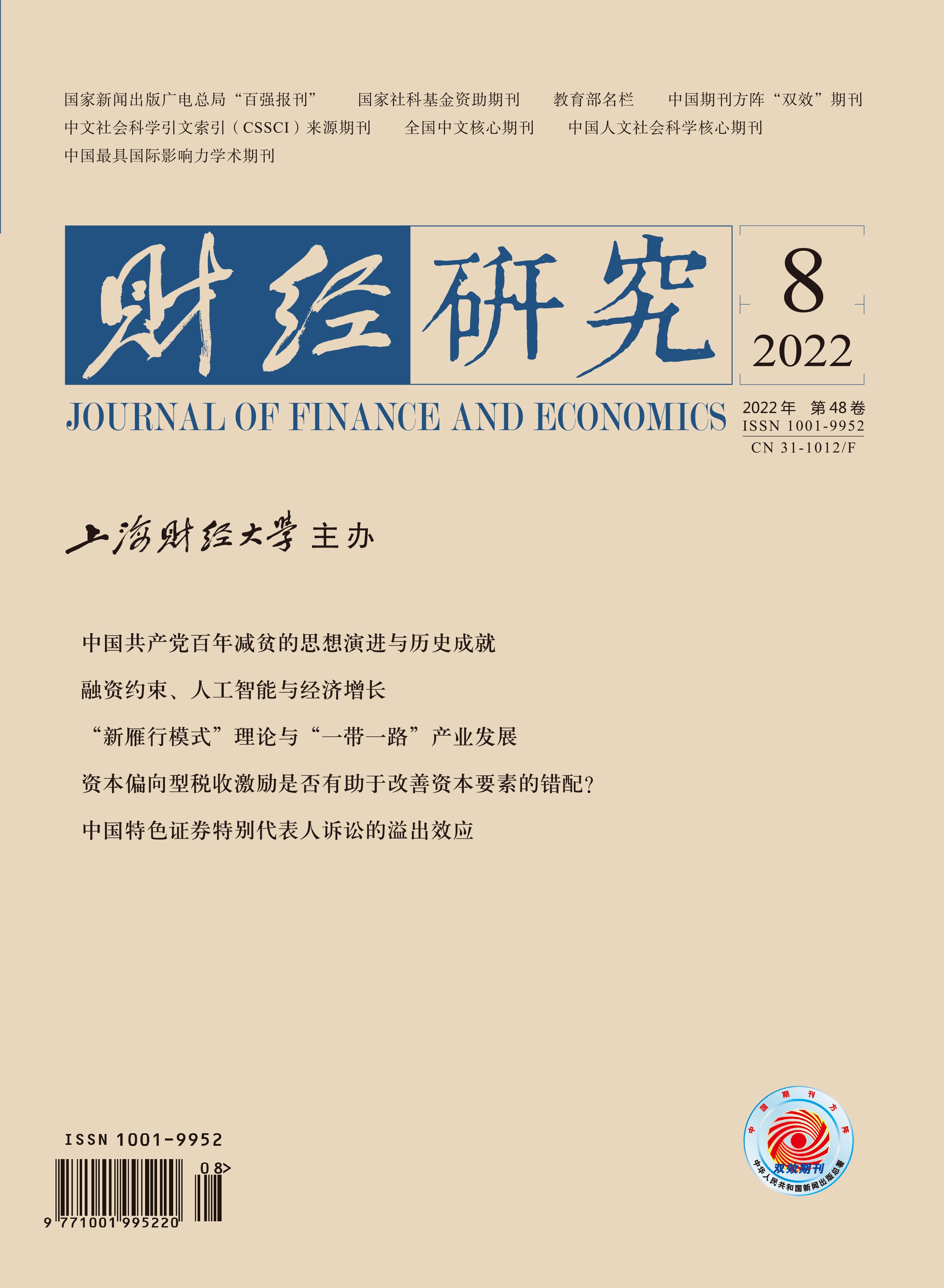When the dot-com bubble of U.S. stock market burst, AT&T’s CEO decided to forgo a long-term investment. “The stock had been pounded.” He noted that, “The market’s myopia forced me to abandon my grand transformation plan.” (Reingold, 2006) The above phenomenon reveals that investor short-horizon has an impact on managers’ long-term investment decisions, which is different from the traditional financial theory that companies’ investment decisions are not affected by the investor behavior in the secondary market. So, why does investor short-horizon affect the long-term investment of companies? This paper uses the holding time data in the trading accounts of Chinese securities to measure investor short-horizon. It is found that: First, investor short-horizon can inhibit the long-term investment of companies, and managers cut long-term investment to meet investors’ demand for short-term surpluses. Second, the more sensitive the stock price is to unexpected earnings information, the higher the degree of manager catering. Third, managers create earnings surprises that exceed analysts’ earnings per share forecasts in order to cater to short-horizon investors. This catering will reverse the following year, which shows that manager catering is a timing behavior. The result precludes managers from reducing investment as a long-term strategy. At the same time, manager catering behavior will improve the short-term stock price. The shorter the investor horizon, the stronger the positive effect of this kind of catering on stock price overvaluation. Fourth, managers themselves also benefit from catering behavior, such as lower external financing costs, more favorable equity reduction conditions, and higher salary income. Fifth, analyst coverage creates short-term pressure on managers, thus strengthening the role of catering. Last, although manager catering to investor short-horizon improves short-term performance, it damages the long-term value of the company. The contribution of this paper is to establish a direct link between investor horizon and the company’s investment decision-making. In terms of influence mechanism, different from the existing literature that focuses on the path of institutional shareholders influencing corporate decision-making through direct channels such as supervision, pressure or direct participation in corporate governance, this paper studies the channels through which managers actively cater to investors. At the same time, it puts forward the channels and mechanisms for small and medium investors to influence corporate decision-making, which is a useful supplement to the research in this field. It also expands the literature on managers catering to stock market sentiment by further distinguishing the catering objects, which shows that managers change investment decisions to cater to short-horizon investors. The conclusion provides a theoretical and methodological basis for exploring the underlying logic of “investment side reform” in the capital market, optimizing the participant structure, and establishing a market-oriented financial system matching the capital duration required for entity development.
 / Journals / Journal of Finance and Economics
/ Journals / Journal of Finance and EconomicsJournal of Finance and Economics
LiuYuanchun, Editor-in-Chief
ZhengChunrong, Vice Executive Editor-in-Chief
YaoLan BaoXiaohua HuangJun, Vice Editor-in-Chief
The Impact of Investor Short-horizon on the Long-term Investment of Companies: Based on Manager Catering Mechanism
Journal of Finance and Economics Vol. 48, Issue 08, pp. 154 - 168,封三 (2022) DOI:10.16538/j.cnki.jfe.20220516.101
Summary
References
Summary
Cite this article
Cui Xiaolei, Gao Tao, Xu Longbing. The Impact of Investor Short-horizon on the Long-term Investment of Companies: Based on Manager Catering Mechanism[J]. Journal of Finance and Economics, 2022, 48(8): 154-169.
Export Citations as:
For
ISSUE COVER
RELATED ARTICLES




 6612
6612  8641
8641

